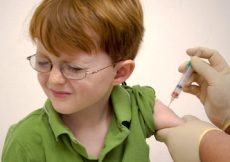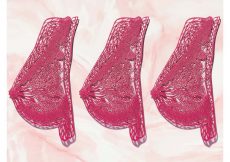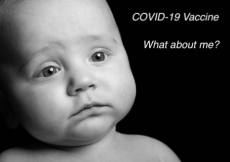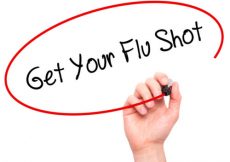June 21st, 2022
June is National Healthy Homes Month.
According to the U.S. Department of Housing and Urban Development’s annual Healthy Homes campaign, some of the most serious health problems in children start at home. HUD wants parents to think about the hidden dangers that threaten children’s health that are found in every home by asking these important questions:
• Is the air in your home clean and healthy?
The air inside can be more harmful to your family’s health than the air outdoors. Air can be unhealthy if it has too many pollutants. Indoor air pollutants can be lots of things—from oven cleaner to cigarette smoke to mold. It is not always easy to tell if your home has unhealthy air. You may notice bad smells or see smoke, but you cannot see or smell other dangers, like carbon monoxide or radon. (See HUD factsheet about radon.)
• Do your children have breathing problems, like asthma?
Allergies and asthma are health problems that have a lot to do with the air you breathe. You and your children spend a lot of time at home, so the air inside needs to be clean. Does someone you live with smoke? Do you have pets? Is your basement damp? These may cause or add to breathing problems. (See HUD factsheet about asthma.)
• Is someone in your home allergic to mold?
Other health and safety problems may come from the air in your home too. Too much dampness causes mold to grow. Some mold is very harmful and some can make allergies or asthma worse. (See HUD factsheet about allergies)
• Do you know the signs of carbon monoxide poisoning?
If they are not working right, ovens and heaters may cause a deadly gas called carbon monoxide to build up inside your home. You cannot see or smell this danger, but you can help keep your loved ones safe from carbon monoxide poisoning. (See HUD factsheet about CO poisoning.)
• Is there lead anywhere in your home?
Some house paint and water pipes contain lead. This metal can poison your children. Most problems with lead come from old paint or lead dust. Lead was also in gasoline and got into the soil and air from car exhaust. It’s not used in these ways any more. There’s still plenty of lead around though.
Lead can poison your children if they get it into their mouths or breathe it in from the air. If a pregnant woman gets lead in her body, it can harm her unborn baby.
Lead poisoning can be a serious problem for young children. It can cause problems with learning, growth, and behavior that last a lifetime. Even small amounts of lead can harm children. (See HUD factsheet about lead.)
• Is your tap water safe to drink?
If [your drinking water] comes from your own well, you need to make sure it is safe to drink. Have your water tested every year to make sure it does not have chemicals or other pollutants in it that can make your family sick.
You may get your drinking water from a water company or utility. They always test the water before they pipe it to you to make sure it is safe. You can ask the company or utility for a report on what the tests found. Even if it is o.k. at the water utility, water can still become unsafe after it comes into your home.
• Do you have household products with chemicals in them that can make you sick?
Some products can harm your family’s health if you do not use them in the right way. Common chemicals like bleach, rat poison, paint strippers, and drain cleaners can be dangerous. Children can poison themselves if they get into products like these. Even very small amounts of some chemicals can cause health problems if you touch them or breathe them in. Remember—if you spray or pump something, it goes right into the air. When you and your family breathe, those chemicals go into your bodies
• Do you use bug spray or other products to keep away pests?
Almost every household uses pesticides. Bug spray, flea powder, rat poison, and garden weed killer are all types of pesticides. They have chemicals in them that kill pests. This also means they may harm you and your family. If you do not use them safely, some pesticides may cause serious health problems—poisoning, birth defects, nerve damage, and even cancer. (See more information on pesticides in the home.)
• Do you keep poisons where your children can reach them?
Young children are curious and get into everyday things that can hurt or even kill them. More of them become sick or die from eating or drinking common items like medicine, makeup, and plants. Children like to play with these things because they can look or smell good.
Any room can have something in it that can hurt a child: the kitchen, bathroom, bedrooms, living room, basement, garage, or laundry room. Most poisonous products are where people keep cleaning supplies.
• Did you know that your chances of getting hurt at home are much higher than they are at work or school?
The leading causes of death in the home are falls, drowning, fires, poisoning, suffocation, choking, and guns. Very young children and older adults are the people most likely to get hurt at home. It’s important to keep people’s age in mind when thinking about home safety. (See HUD factsheet about home safety.)
Poison Control: 1-800-222-1212
We’ll review the “Eight Principles of a Healthy Home” tomorrow on The PediaBlog.




































